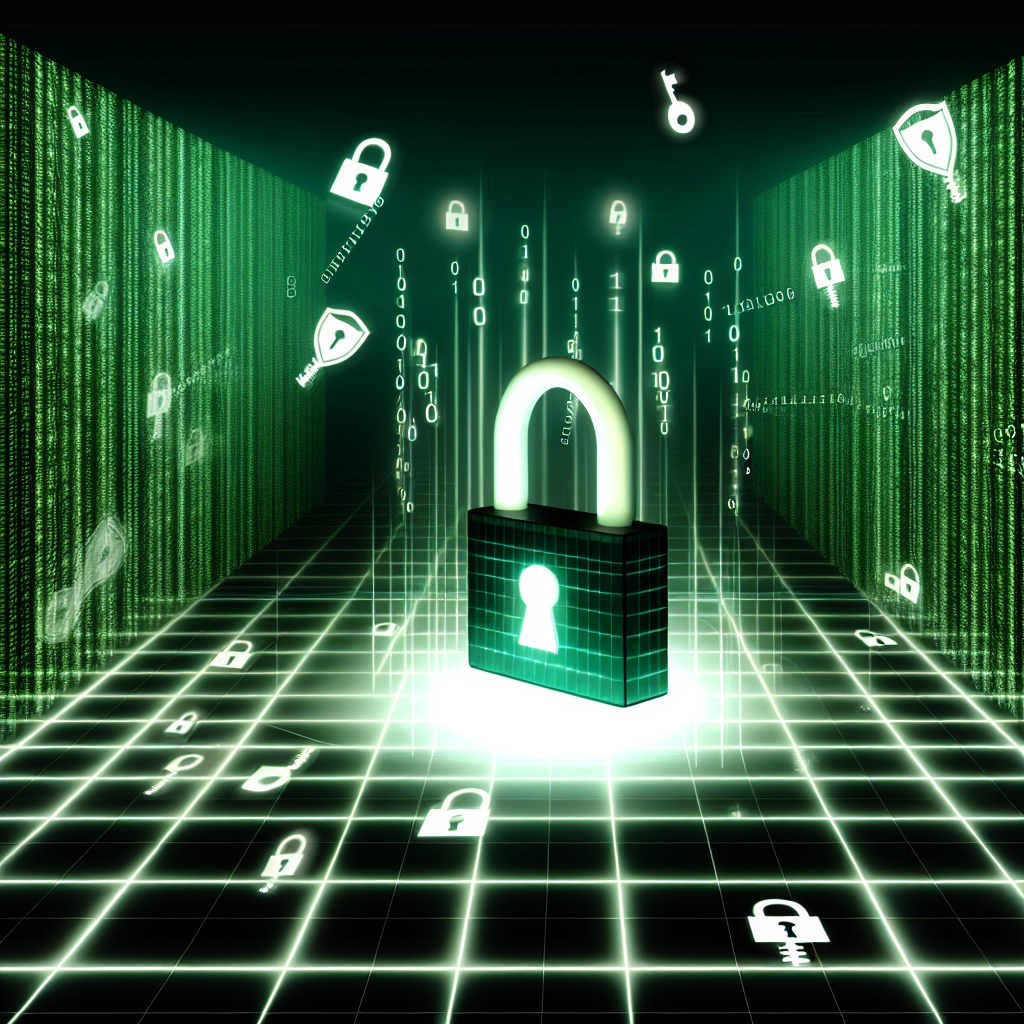In today's digital age, online privacy and security have become paramount concerns for internet users. One of the most effective tools for safeguarding your online activities is a Virtual Private Network (VPN). In this article, we will delve into the technical definition of VPNs and explain this complex technology in simpler, non-technical terms. By the end of this article, you will have a better understanding of how VPNs work and how they can help protect your online identity and data.
1. Understanding the Technical Definition of Virtual Private Network (VPN)
Understanding the Technical Definition of Virtual Private Network (VPN)
A Virtual Private Network (VPN) is a technology that allows for a secure connection between a user's device and a private network, such as a company's internal network or the internet. This connection is encrypted, ensuring that data transmitted between the user and the network is protected from eavesdropping and interception by unauthorized parties.
VPNs work by creating a virtual tunnel through which data is transmitted over the public internet. This tunnel is secured with encryption protocols, such as SSL/TLS or IPSec, to ensure the confidentiality and integrity of the data being transmitted. Additionally, VPNs can also provide anonymity by masking the user's IP address and location, making it difficult for websites and online services to track their online activities.
Overall, Virtual Private Networks provide a secure and private way for users to access the internet and connect to private networks, regardless of their physical location. By using a VPN, users can protect their sensitive data, bypass geo-restrictions, and maintain anonymity online.
2. Explaining Virtual Private Network (VPN) in Layman's Terms
A Virtual Private Network (VPN) is like a secure tunnel that allows you to safely browse the internet and access online resources without compromising your privacy or data security. It encrypts your internet connection, making it difficult for hackers, government agencies, or even your internet service provider to track your online activities. Think of it as a shield that protects your online information and keeps your browsing history private. With a VPN, you can connect to servers located in different countries, allowing you to access geo-restricted content or bypass censorship. It's like wearing an invisibility cloak while surfing the web, ensuring that your online activities remain anonymous and secure.

